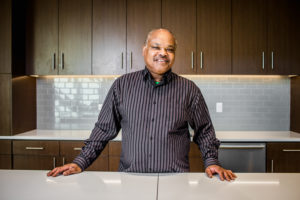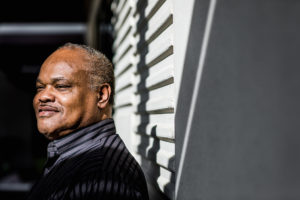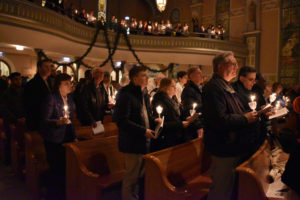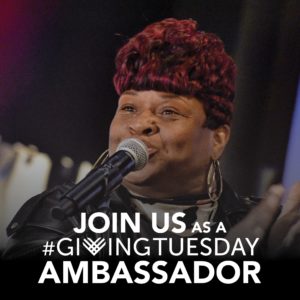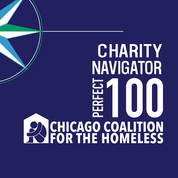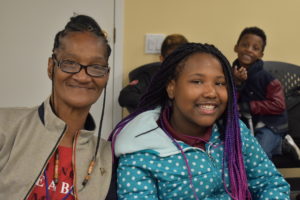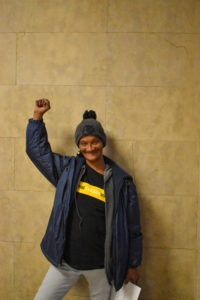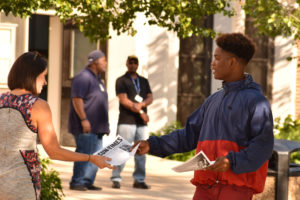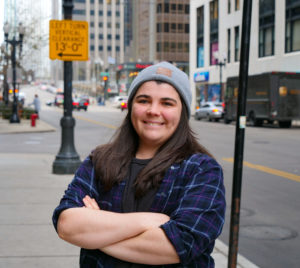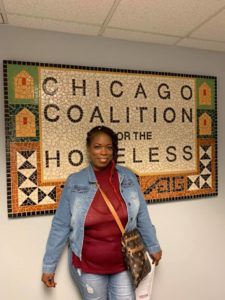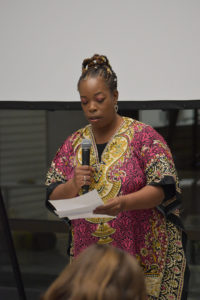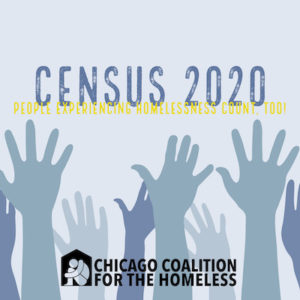 With the 2020 Census almost here, Chicago Coalition for the Homeless is helping ensure that homeless children, youth, and adults across Illinois are counted. This includes offering new CCH outreach materials aimed at informing those experiencing homelessness.
With the 2020 Census almost here, Chicago Coalition for the Homeless is helping ensure that homeless children, youth, and adults across Illinois are counted. This includes offering new CCH outreach materials aimed at informing those experiencing homelessness.
As one of 42 partner organizations with Forefront’s IL Count Me In 2020 program, CCH is providing outreach and education to support a fair and accurate count among hard-to-count communities.
Our message? People experiencing homelessness count, too!
As part of this initiative, CCH organizers and attorneys are providing census education at shelters, schools, drop-in centers, and events across Chicago in the months leading up to Census Day on April 1, 2020. This includes targeted outreach to homeless families, students, unaccompanied youth, and single adults; promoting the census to shelter providers; and distributing outreach materials. Between now and March 2020, we anticipate educating about 750 homeless people and 850 service providers as well as distributing more than 7,000 census-related handouts.
Our focus? To emphasize why a complete count is critical and inform people how to participate if they’re homeless.
“I’m doing everything in my power to make sure that our people step up and are counted,” said Gloria Davis, CCH’s Census 2020 project manager. “Past undercounting of people who are homeless is one of the reasons we have such a shortage of services for our community. We are hoping to change that.”
The U.S. Census Bureau invites most households to respond through the mail, but the process looks different for those without a permanent roof over their heads. To make sure this hard-to-count group isn’t overlooked, CCH staff designed census outreach materials tailored specifically for people experiencing homelessness.
A fact sheet covers all the basics — what the census is, when it’s happening, and why it matters. It also outlines the steps a homeless person can take to make sure they’re counted, whether they are living in a shelter, on the street, or doubled-up with a friend or relative.
Two other new pieces of outreach material — a poster as well as a palm card — provide a similar census overview for people experiencing homelessness.
Help us make sure all Illinoisans are counted in the 2020 Census, no matter their housing status:
- Share the CCH fact sheet with your community and networks.
- Doing outreach? Share the CCH Census 2020 palm card.
- Or help get the word out by posting the CCH Census 2020 poster.
- Pledge to participate in the census.
- Check out the U.S. Census Bureau’s official 2020 Census page.
Questions about the census? Contact Gloria Davis, Census 2020 Project Manager, at gloria@chicagohomeless.org or (312) 641-4140.
– Erin Sindewald, Development Manager

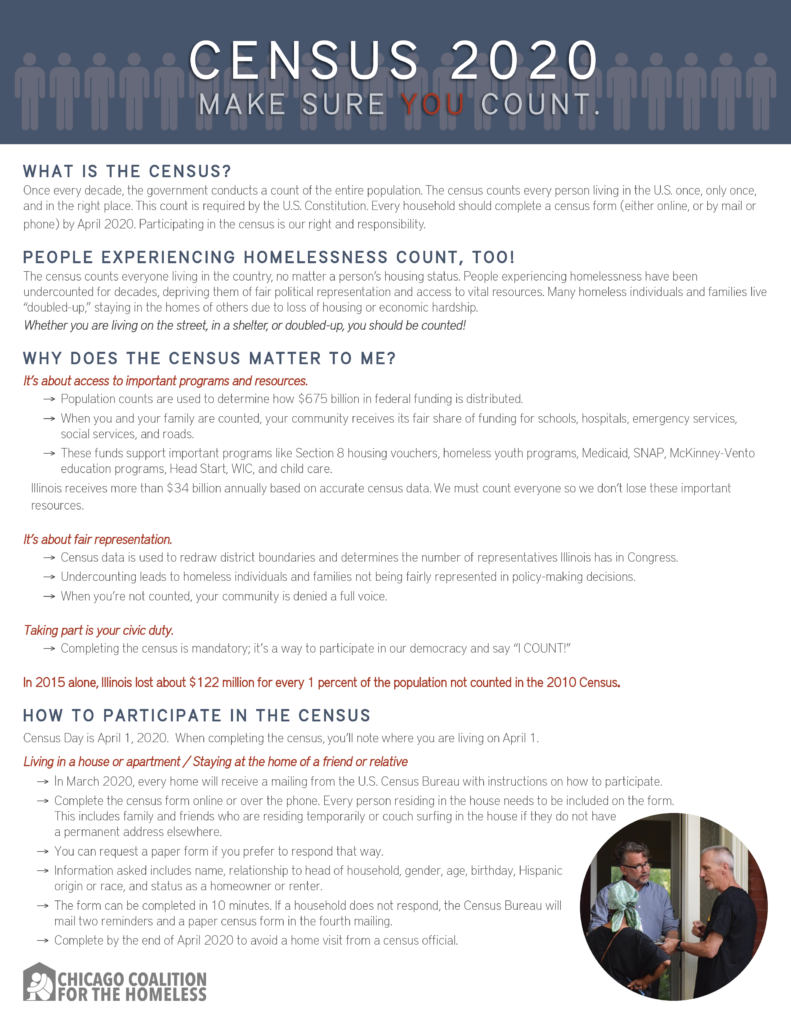
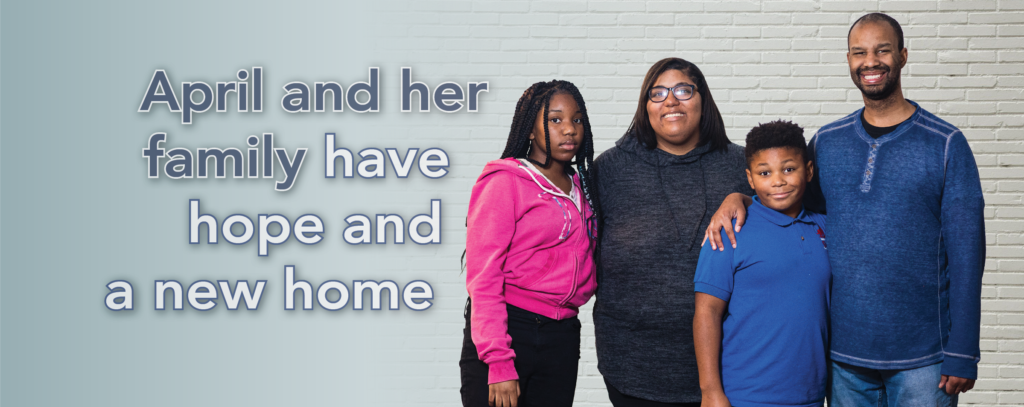
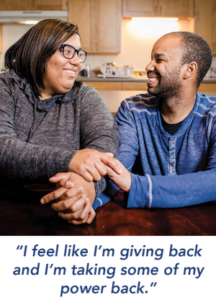 April and her husband, Greg, have chronic health issues, including Greg’s multiple sclerosis. They rely on Social Security disability income to support themselves and their two children. The family’s first six months in the Salvation Army’s Booth Lodge family shelter was followed by two years struggling to pay rent for unsubsidized apartments.
April and her husband, Greg, have chronic health issues, including Greg’s multiple sclerosis. They rely on Social Security disability income to support themselves and their two children. The family’s first six months in the Salvation Army’s Booth Lodge family shelter was followed by two years struggling to pay rent for unsubsidized apartments.